Blog
Unlocking Excellence: Quality at the Core
-
Medical Device Consulting in 2026: How QMS-Driven Expertise Ensures Compliance, Quality, and Faster Market Access
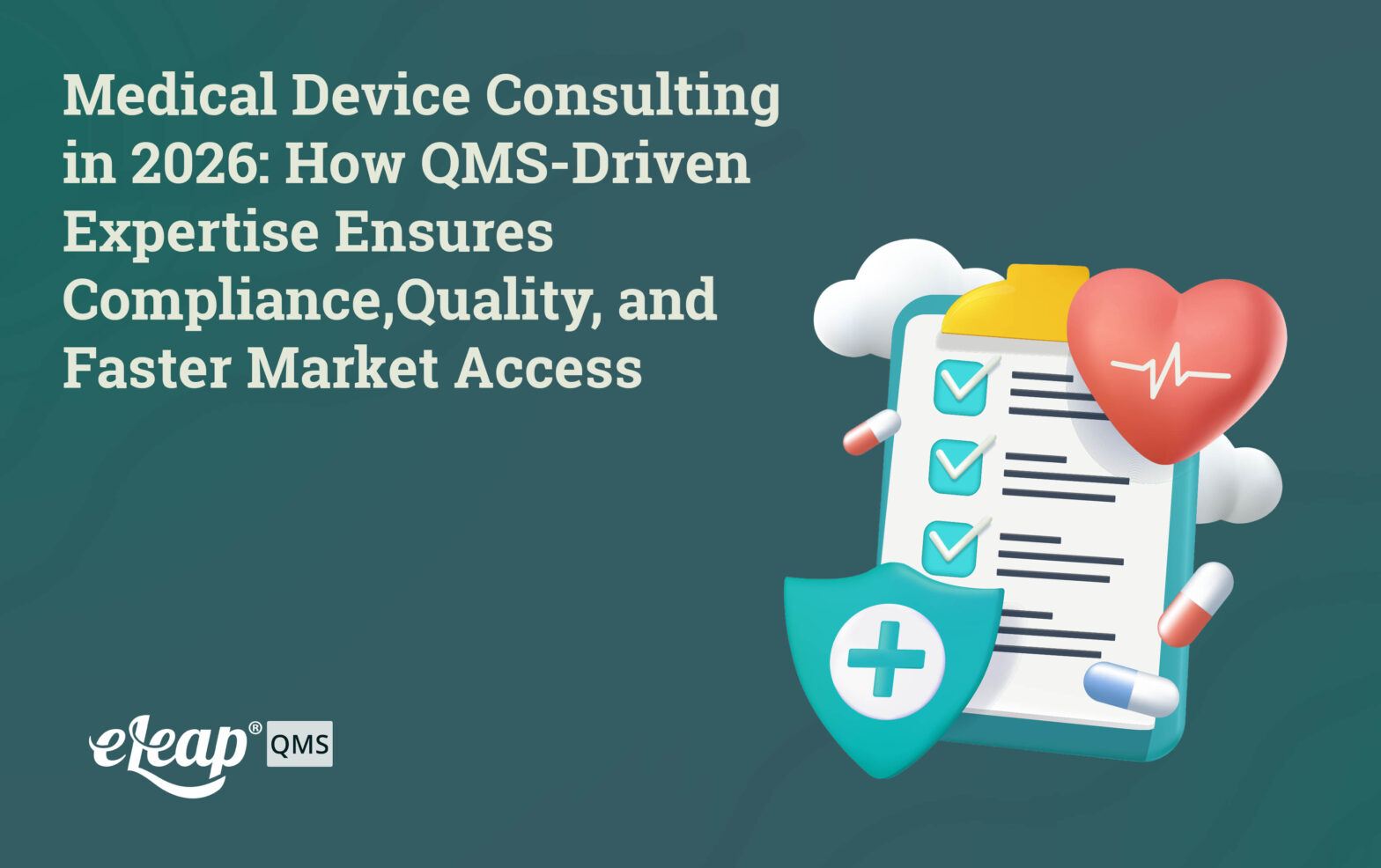
Medical device consulting has become mission-critical as regulatory expectations tighten, global market access grows more complex, and quality failures carry higher financial and reputational risks than ever. For manufacturers whether early-stage startups or established global enterprises the ability to design, implement, and maintain a robust Quality Management System (QMS) is no longer optional. It is […]
-
Best QMS Software 2026: Top Quality Management Systems for Compliance, Efficiency, and Growth
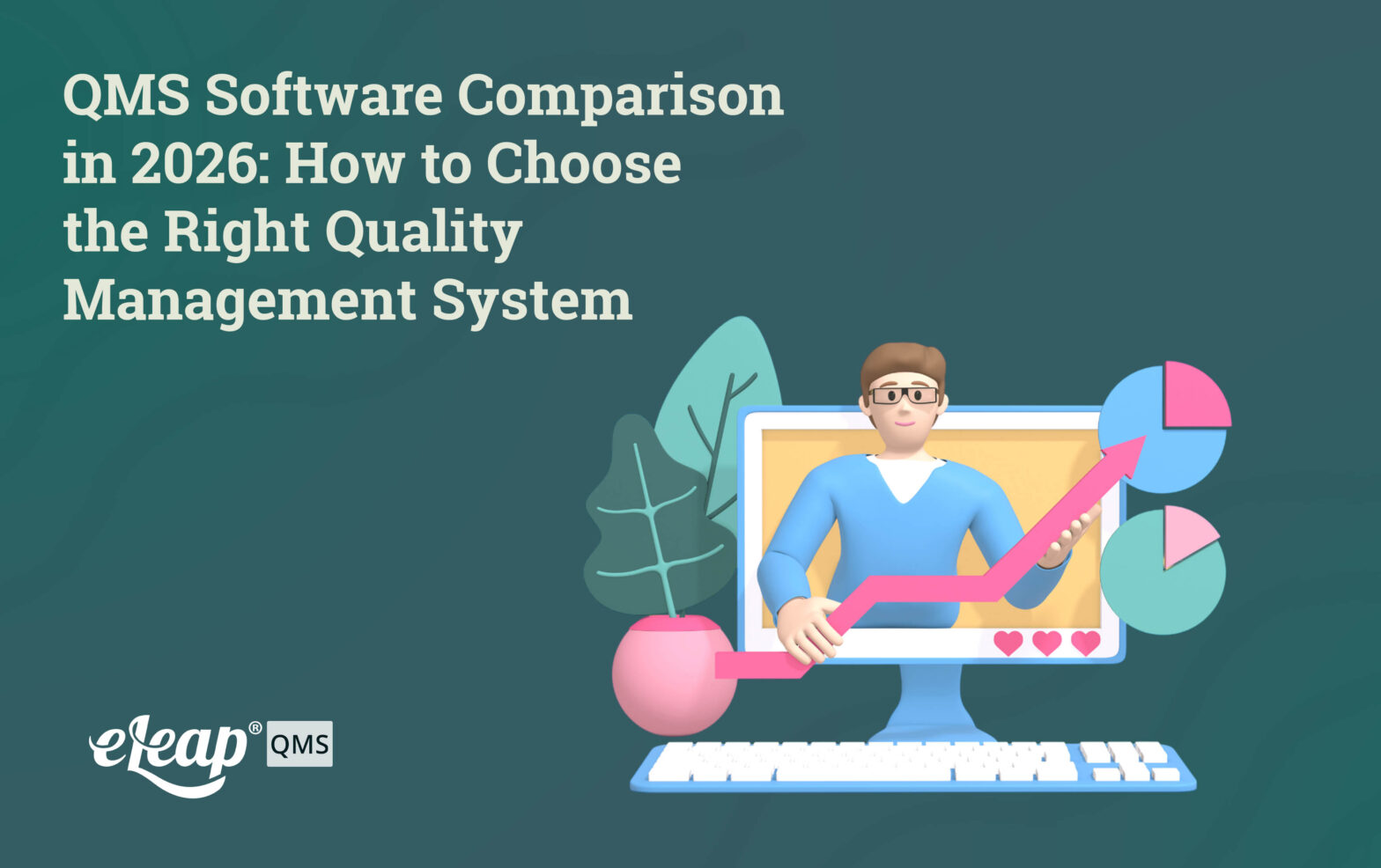
Quality management has fundamentally shifted from disconnected spreadsheets and paper trails to integrated digital ecosystems. As regulatory expectations tighten and customers demand greater quality transparency, organizations across manufacturing, life sciences, medical devices, and aerospace now recognize that QMS software is no longer optional—it’s essential for operational survival. The best QMS software in 2026 serves dual […]
-
QMS Software Comparison in 2026: How to Choose the Right Quality Management System
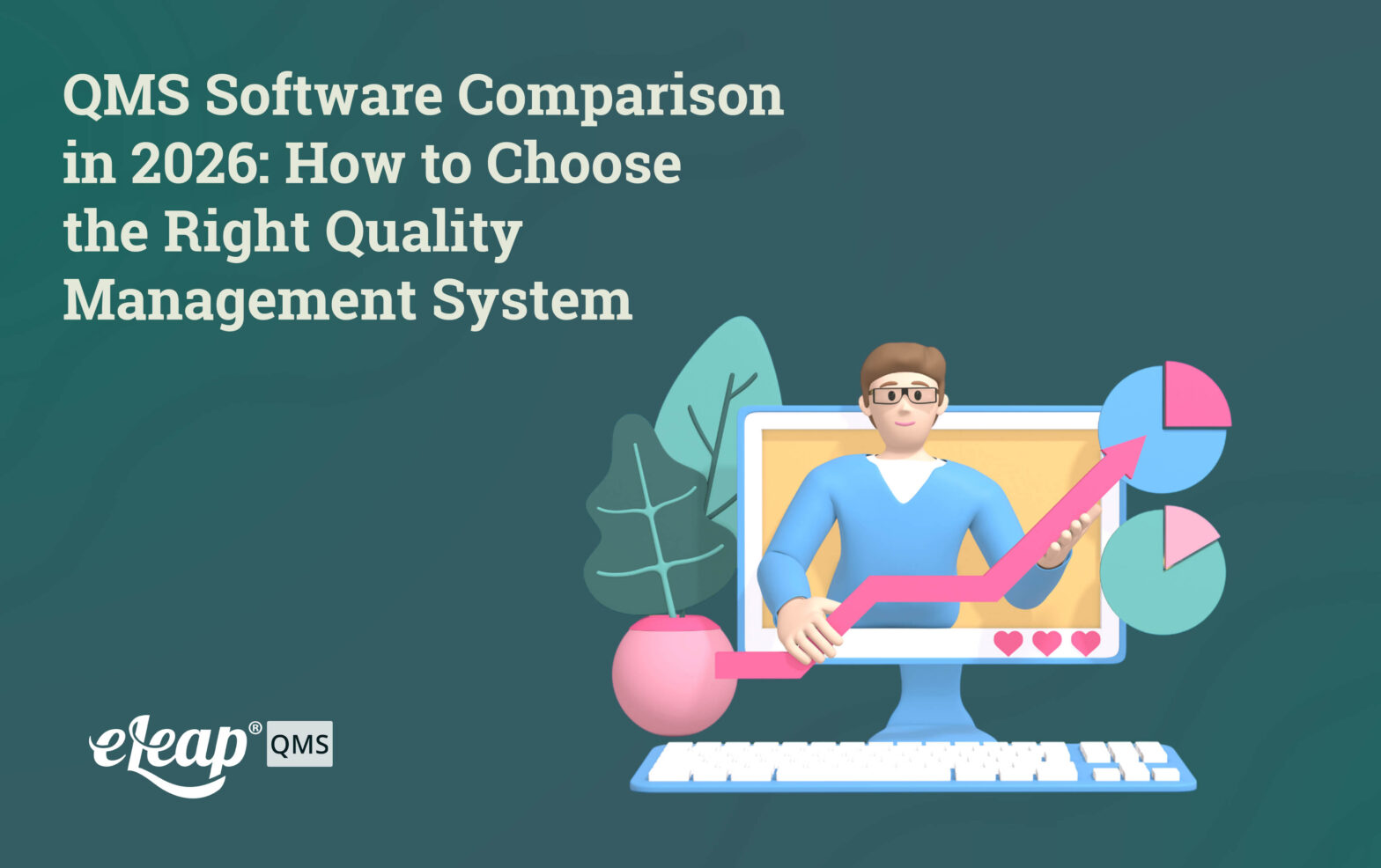
Quality management has fundamentally shifted. Organizations operating in regulated and quality-driven industries can no longer afford to take a reactive approach to compliance. Increasing regulatory scrutiny, global supply chains, and digital audits have made quality management systems software essential rather than optional. Conducting a thorough QMS software comparison has become a critical step for organizations […]
-
ISO 9001:2015: Strategic Implementation Guide for Quality Management Systems
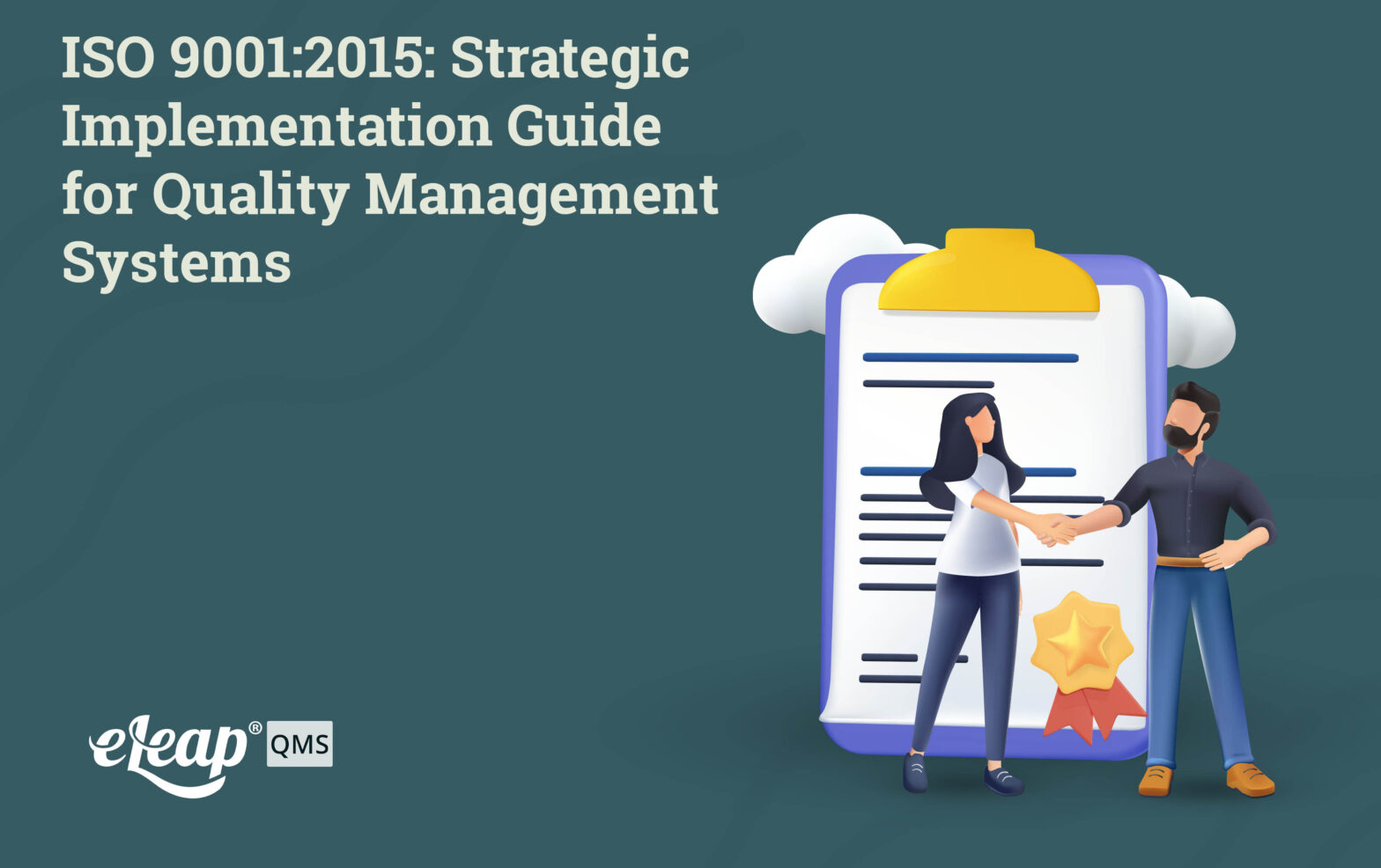
Executive Summary ISO 9001:2015 represents a fundamental shift in quality management philosophy, moving from prescriptive compliance to strategic business integration. Built on the Annex SL High-Level Structure (HLS), this standard eliminates the Management Representative role, mandates Risk-Based Thinking as an operational requirement, and positions organizational context as the foundation for all quality activities. This guide […]
-
CAPA Report in QMS: The Complete 2026 Guide to Corrective and Preventive Action
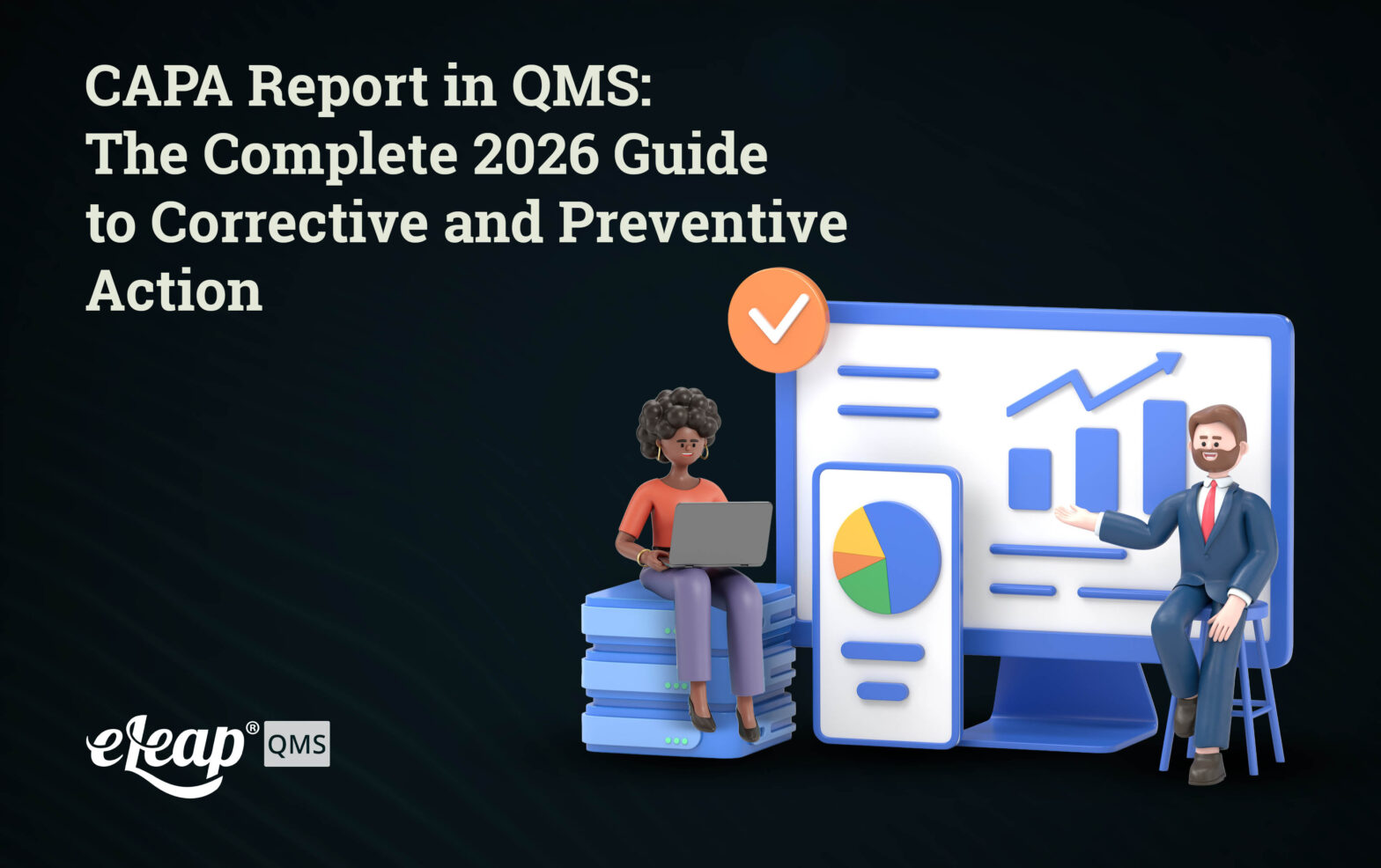
A CAPA report stands as the operational proof that your quality management system actually works. Within FDA-regulated facilities, medical device manufacturers, and pharmaceutical operations, the CAPA process determines whether discovered problems get fixed comprehensively or simply masked temporarily. Regulators, auditors, and customers no longer accept surface-level compliance. They expect evidence-based systems that identify root causes, […]
-
GxP Meaning Explained: A Complete Guide to Good Practice Standards in Quality Management Systems (2026)
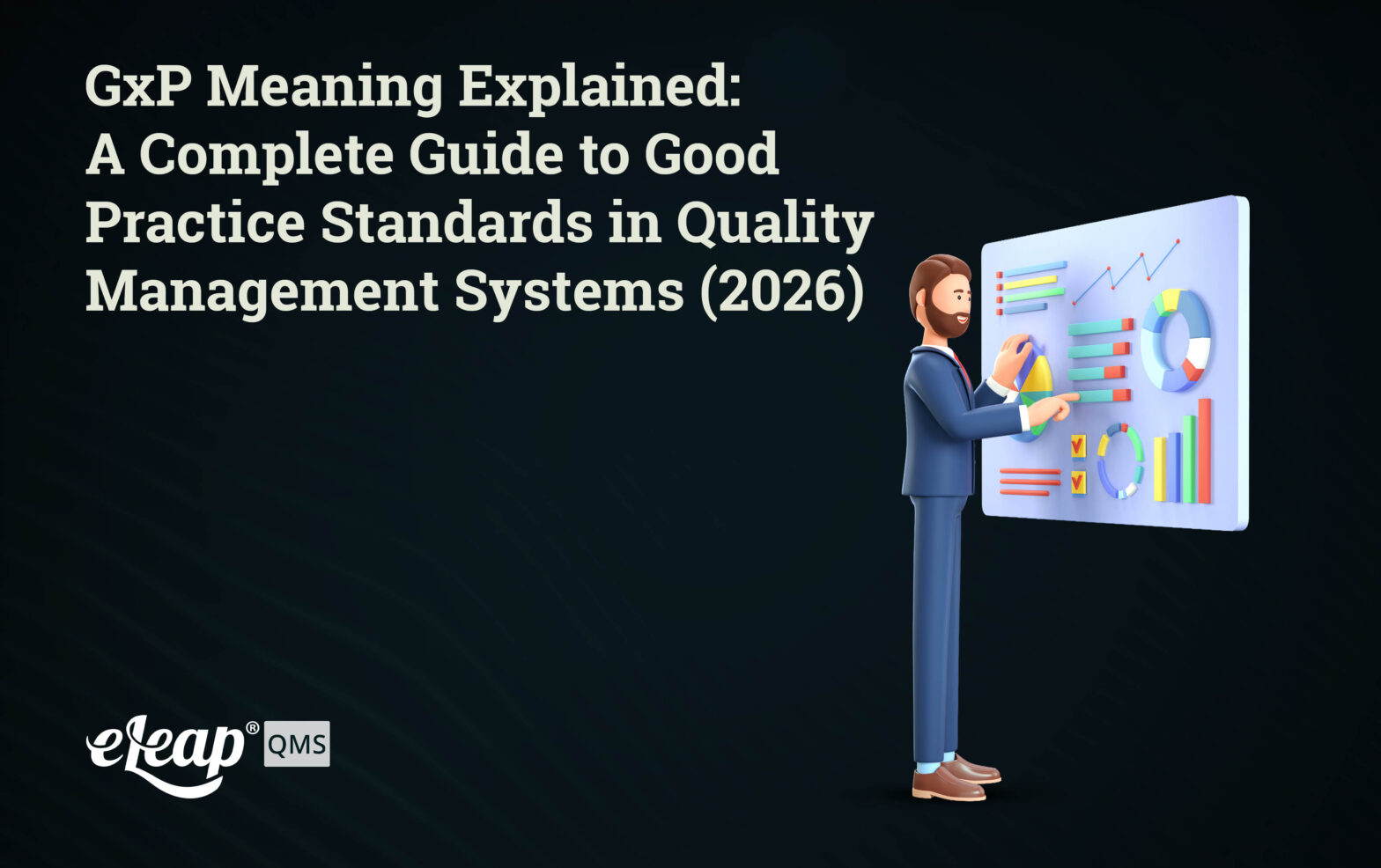
In highly regulated industries, quality is not optional. It is enforced, inspected, and continuously monitored by global regulatory authorities. GxP serves as the backbone of these expectations, defining how products are developed, tested, manufactured, stored, and distributed in a controlled and compliant manner. However, GxP compliance no longer exists in isolation. Regulators increasingly expect organizations […]
-
Quality Management Tools in 2026: A Complete Guide for Modern QMS Success
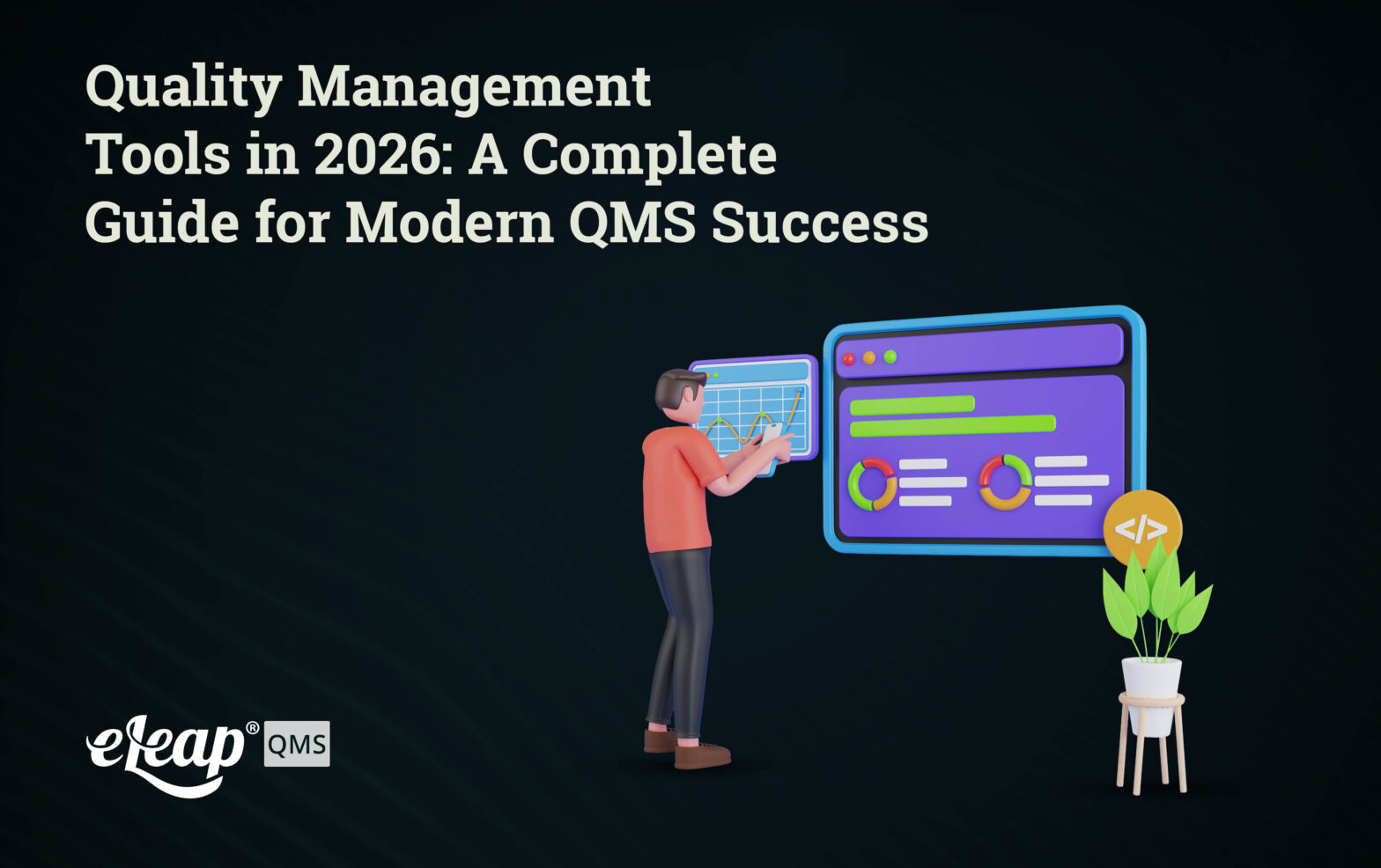
Quality management tools have become a foundational requirement for organizations operating in regulated and competitive environments. Unlike previous decades when quality management systems were viewed as support functions or compliance checkboxes, modern QMS platforms now drive operational excellence, risk mitigation, and customer trust. As regulatory expectations tighten, supply chains become more complex, and digital transformation […]
-
The FDA’s QMSR Deadline: What Medical Device Manufacturers Must Know Before February 2, 2026
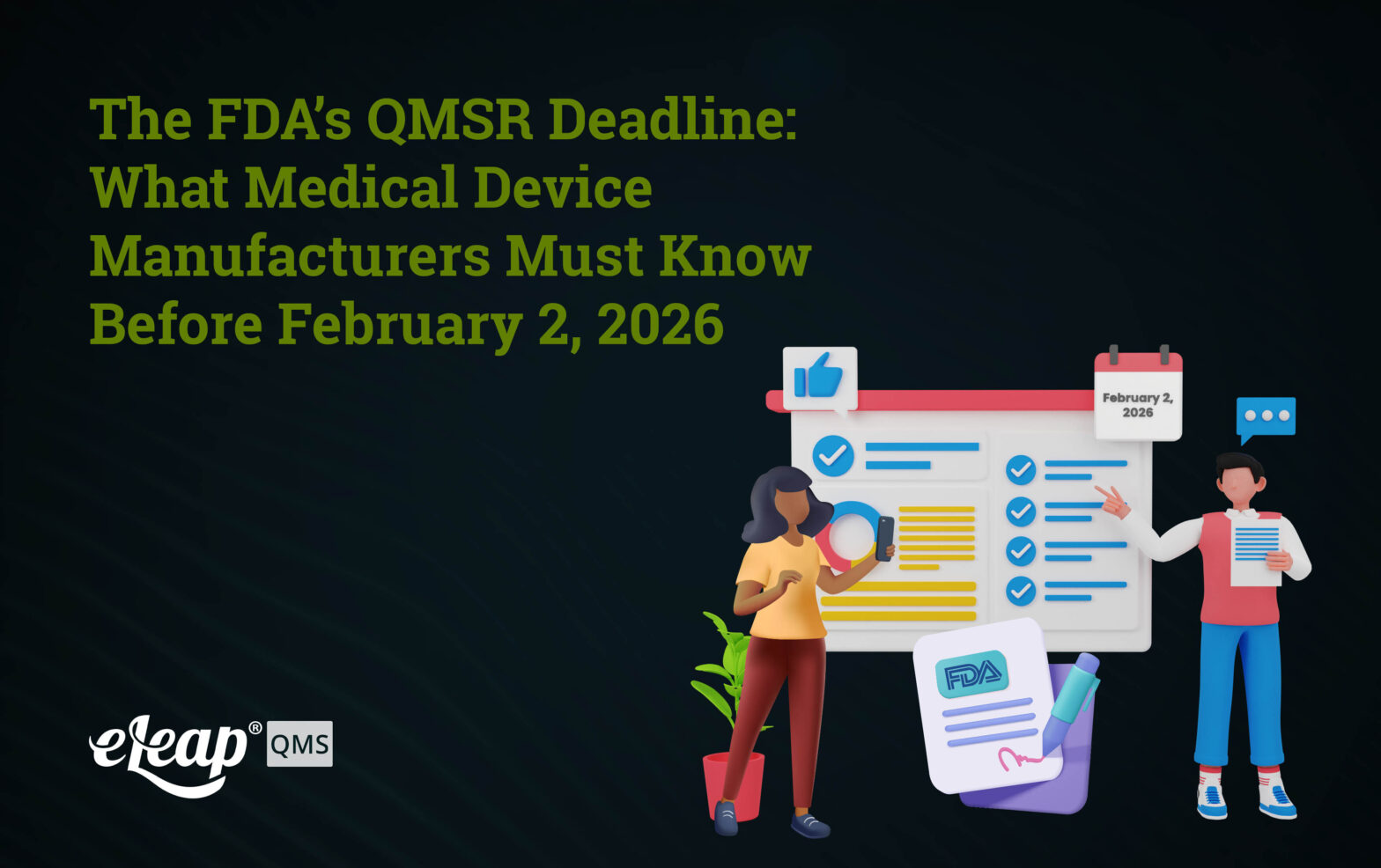
Medical device manufacturers face a regulatory milestone that will fundamentally reshape quality management requirements in the United States. On February 2, 2026, the FDA’s Quality Management System Regulation (QMSR) replaces the existing Quality System Regulation (QSR), incorporating ISO 13485:2016 by reference into 21 CFR Part 820. This isn’t a grace period or transition window—it’s a […]
-
Quality Management KPIs: The Ultimate Guide to Measuring and Optimizing QMS Performance
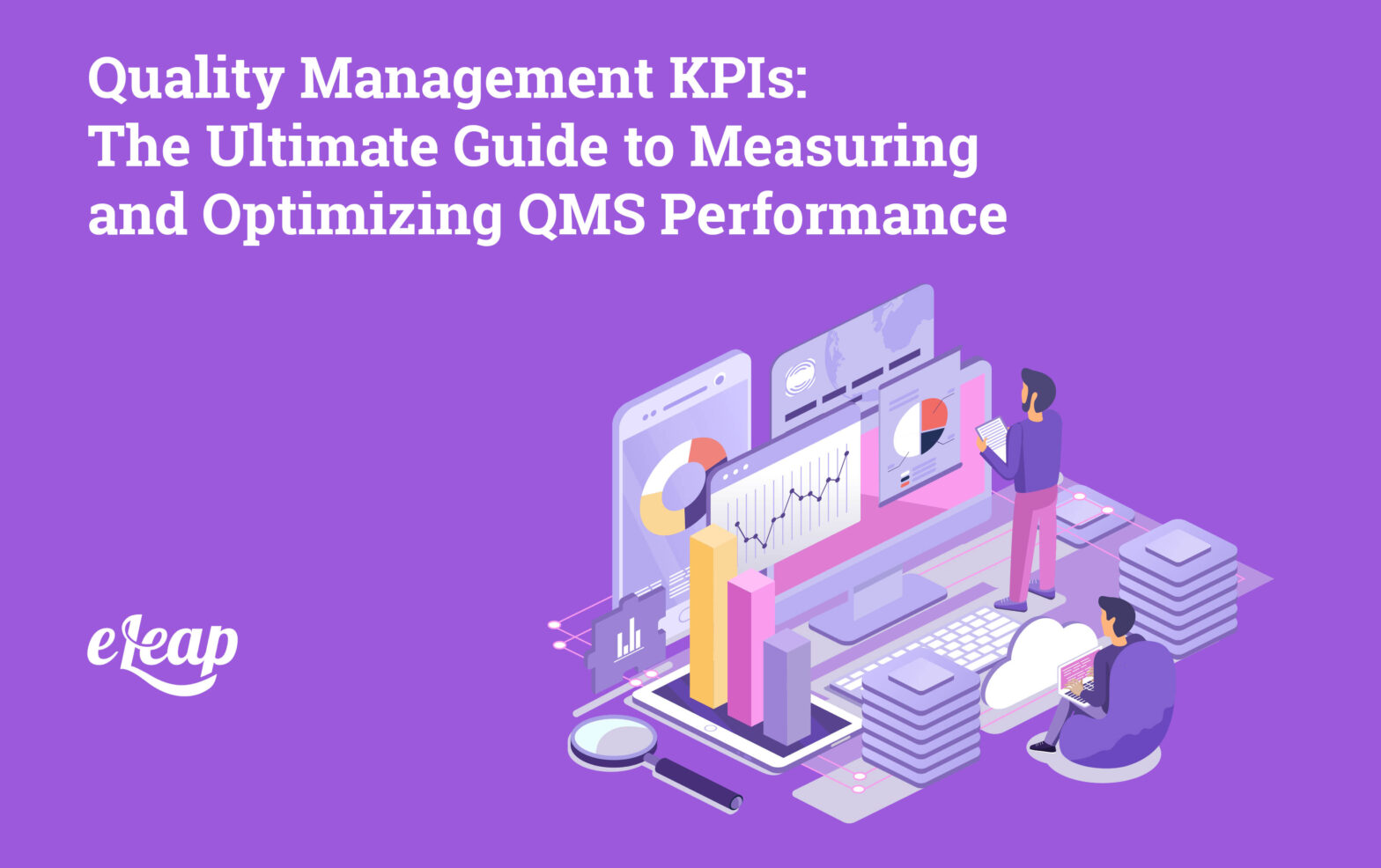
Quality management KPIs form the quantitative foundation of effective quality management systems. This comprehensive guide explores how to select, track, and leverage quality management KPIs to optimize your QMS performance across pharmaceutical, medical device, healthcare, and manufacturing environments. You’ll discover how quality management KPIs drive data-driven decision-making, support regulatory compliance, and accelerate continuous improvement initiatives. […]
-
Medical Device Product Development: A QMS-Driven Guide to Building Safe, Compliant, and Market-Ready Devices
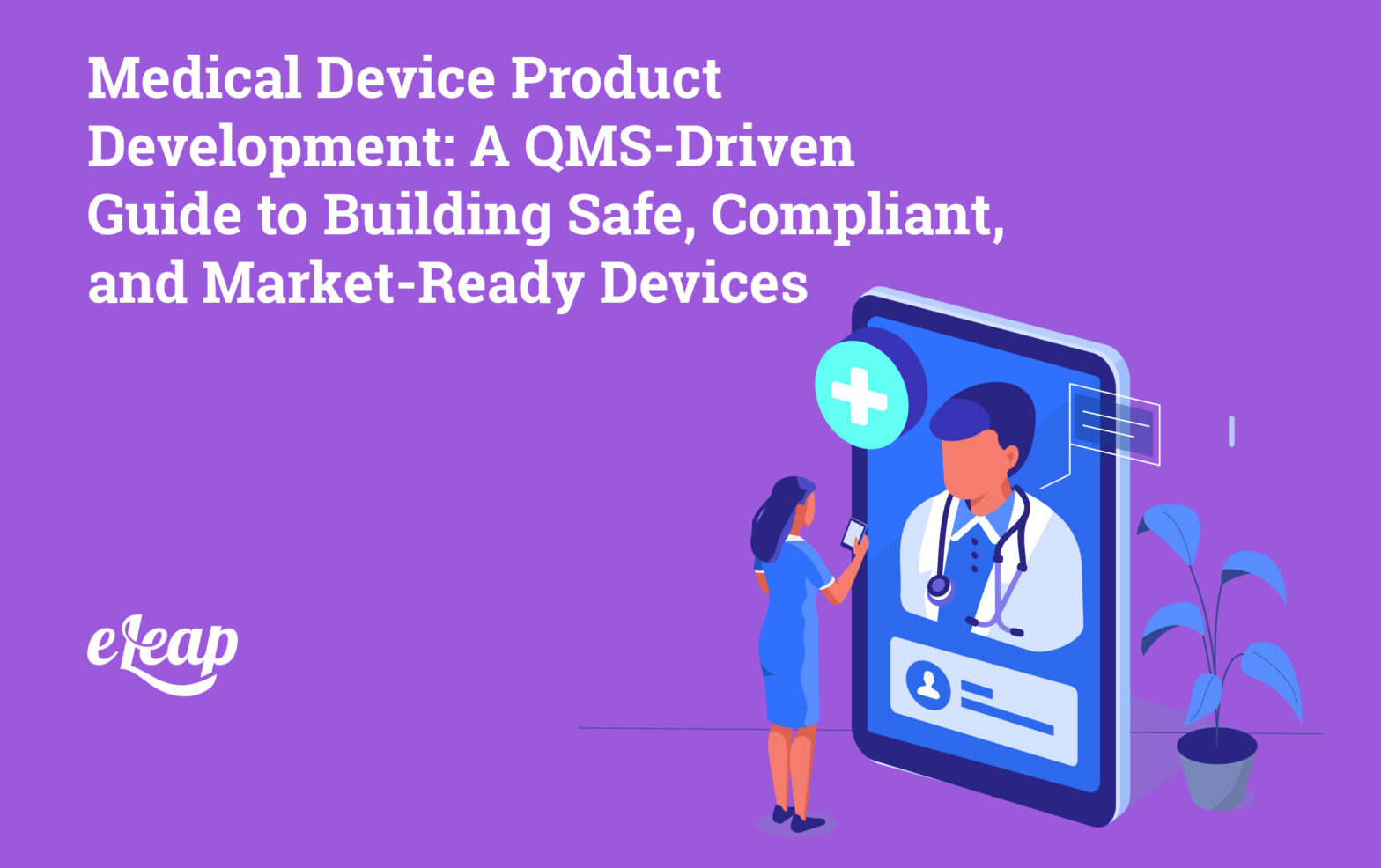
Medical device product development is one of the most highly regulated and quality-sensitive processes in the global healthcare ecosystem. Unlike conventional product development, medical device innovation must balance speed, safety, performance, and regulatory compliance simultaneously while meeting strict quality expectations. As regulatory authorities such as the FDA and the European Union increase scrutiny, organizations can […]